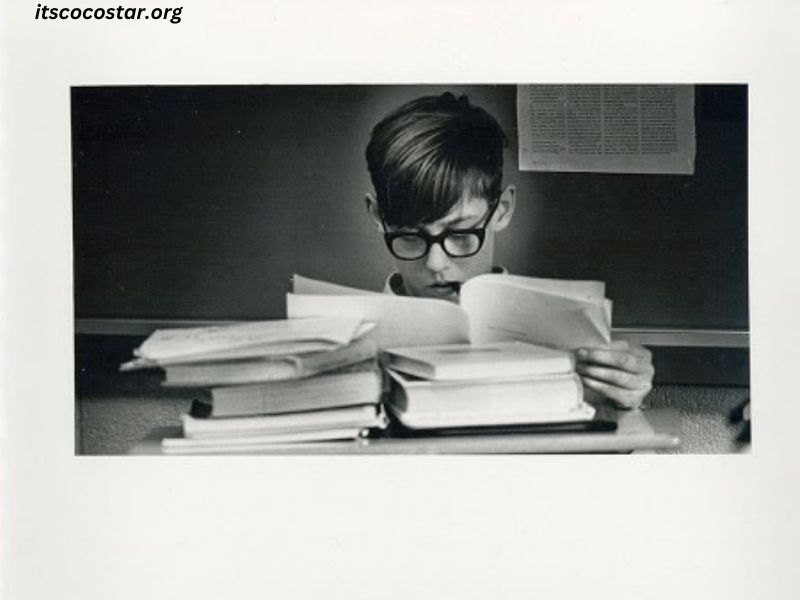The Memoirs of the Twentieth Century is a significant literary work that provides a unique perspective on the social, political, and cultural transformations that shaped the 20th century. The title suggests a broad, sweeping narrative that covers the major events of the period, but it does so through a personal, intimate lens. In this analysis, we will explore the themes, historical context, and narrative structure of the memoir, as well as its influence and importance in understanding the complexities of the 20th century.
Background and Historical Context
The 20th century was a period of unprecedented change. From the First World War to the fall of the Berlin Wall, from the rise of the internet to the technological advancements that revolutionized society, the century was defined by its rapid transformation. As a result, the memoir genre during this time evolved to accommodate these changes, with many authors documenting their personal experiences and reflections in the context of global events.
The Memoirs of the Twentieth Century, while it may refer to different works depending on the author, typically aims to capture this turbulent century. It serves as a bridge between the individual and the collective experience. Memoirs from this period are crucial in providing first-hand accounts of history, particularly because they present the personal side of significant events such as wars, revolutions, and societal shifts.
Themes Explored in Memoirs of the Twentieth Century
-
Political and Social Change
One of the core themes of the Memoirs of the Twentieth Century is the exploration of political and social change. The 20th century was marked by several pivotal events that transformed the global order. The rise and fall of empires, the spread of ideologies like communism and democracy, and the evolution of civil rights movements all played significant roles in shaping the world.
In memoirs from this period, we see how individuals experienced the impact of these changes. For example, the struggles faced by those who lived through the two World Wars are explored in great detail. Personal accounts of life during these tumultuous periods shed light on the human cost of political decisions, and the emotional scars left by war.
Furthermore, the memoirs also delve into the cultural and societal transformations that took place. The emergence of the feminist movement, the fight for racial equality, and the changing dynamics of family and gender roles are all recurring themes. These changes often intersected with broader political movements, illustrating how deeply interconnected personal lives were with the political landscape.
-
The Rise of Technology and Modernity
Another prominent theme is the rise of technology and its effect on society. The 20th century was defined by rapid technological advancements, from the invention of the airplane and the automobile to the development of computers and space exploration. These innovations revolutionized everyday life and transformed industries.
Memoirs of the period often reflect on the excitement, fear, and awe that accompanied these developments. Authors in the early 20th century, for example, could recall their first experiences with electricity, radio, or television, while later memoirs recount the profound changes brought about by the digital revolution. This shift also brought about a tension between traditional ways of life and the new, modern world. Many memoirs touch on how individuals navigated this complex and sometimes overwhelming transformation.
-
Personal Identity and Memory
A significant focus of memoirs is the exploration of personal identity and the role of memory. The 20th century saw an increasing interest in the self, and how individuals related to their personal histories, family, and society. In the face of such monumental global events, the question of how people made sense of their individual lives became more important.
Through the lens of memoir, readers are invited to reflect on the ways in which history is both shaped by and shapes the individual. The fragmented nature of memory is often explored, with many authors grappling with the question of how to reconcile the past with the present. Memoirists often ponder the role of personal responsibility, guilt, and reconciliation, particularly when reflecting on moments of national or global trauma.
-
The Concept of Globalization
Globalization is another central theme that runs through many memoirs from the 20th century. With the rise of global trade, travel, and communication, the world became increasingly interconnected. For some, this was a source of great opportunity and cultural exchange, while for others, it was a source of alienation and loss.
Memoirists often reflected on their experiences with globalization, whether through personal travel, migration, or the exchange of ideas. The tension between the local and the global, between national identity and global citizenship, is a recurring theme in many memoirs. As the world became more interconnected, individuals were forced to confront the complexities of living in a globalized society.
Narrative Structure and Style
Memoirs from the 20th century are often deeply personal, yet they are also deeply shaped by historical events. The structure of these memoirs can vary greatly, but a common thread is the blending of personal narrative with larger social, political, and historical analysis.
In many cases, the narrative structure is non-linear, with the author reflecting on different moments of their life in relation to the larger events of the century. This creates a layered narrative that encourages readers to see the interconnectedness of personal experiences and historical developments. Many authors also use flashbacks and reflections, presenting their memories not as a direct, chronological account, but as a mosaic of images and feelings.
The style of writing in memoirs from this period is often marked by introspection, self-reflection, and a deep sense of emotional honesty. The personal nature of the genre allows for vulnerability, and many authors use their memoirs as a way to work through their own emotions related to historical events. This creates an authenticity that makes these works compelling and relatable to readers.
Memoirs of the Twentieth Century and its Influence
The influence of Memoirs of the Twentieth Century goes beyond its literary significance. Memoirs as a genre became an essential tool for understanding history and human experience during a century marked by conflict, change, and progress. These personal accounts provide insights into the emotional and psychological impact of major events, offering a nuanced perspective that is often missing from traditional history books.
In the cultural landscape, these memoirs helped to define the narratives of the 20th century. They allowed individuals from diverse backgrounds to share their stories, contributing to the broader cultural conversations about identity, race, class, gender, and politics. The voices of ordinary people, as well as those of public figures, helped to shape the collective memory of the century.
Moreover, memoirs also had a therapeutic role, both for the writers and the readers. Writing a memoir often served as a form of personal catharsis, helping the author process their own emotions and experiences. For readers, these works offered a way to connect with the past, to understand the complexities of history through personal experience, and to find meaning in their own lives.
The Legacy of the Memoirs of the Twentieth Century
The legacy of the Memoirs of the Twentieth Century is profound. These works continue to resonate with contemporary readers, as they offer valuable lessons about the nature of memory, identity, and history. By capturing personal experiences in relation to global events, these memoirs remind us that history is not just a collection of dates and facts, but a series of human experiences that shape the world we live in.
As we move further into the 21st century, the lessons of the 20th century, as told through memoirs, remain relevant. The challenges and opportunities that arose in the previous century are still reflected in the issues of today—issues like political division, technological change, and globalization. The voices from the past continue to provide valuable insights into how we can navigate the present and future.
In conclusion, the Memoirs of the Twentieth Century offer a rich, multifaceted perspective on a century marked by dramatic change. Through personal reflections on historical events, these memoirs provide a unique lens through which to understand the complexities of the 20th century. Whether through the exploration of political shifts, technological advancements, or the search for personal identity, these memoirs remain a vital source for anyone seeking to understand the century that shaped our world.







